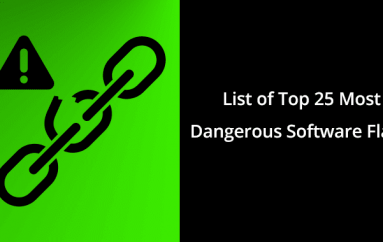
Microsoft’s Bing now gives you more detailed warnings about malware, phishing sites
Microsoft’s search engine Bing will display more detailed warnings when users encounter potential phishing and malware sites.
The company has announced it’s refining how it communicates potential threats in Bing results and to website operators using the Bing webmaster dashboard.
Rather than provide only a generic malware warning, Bing’s new approach will be more specific about different types of threats and their potential impact.
For end users, it will now highlight whether the page ahead is a phishing site. In such cases, Bing will offer an explanation about how the site might trick the user into disclosing financial, personal, or other sensitive information.
Webmasters are notified through the Bing dashboard and from there can ask for a review of the status after the issue is addressed.
Microsoft will allow the user to click through to the site but recommends the user pick another result.
The company is also making a distinction between sites that have a link that leads to malware and sites that can cause an infection just by opening the page.
“The generic warning is now refined to specifically call out pages likely safe to visit as long as links are not clicked,” Microsoft states.
The new warning says that the “site might lead you to malicious software that can harm your computer”. Users can proceed to the site but Microsoft recommends that users choose a different result.
The bigger change in this case is on the webmaster dashboard and in the details Microsoft provides so the issue can be addressed. The Bing webmaster dashboard will now display those links that need to be removed before the warning is removed for end users.
This feature could help streamline the cleanup process when a website operator’s properties have been compromised with malicious links.
As Google researchers recently discovered, many website operators find having their site tagged as malicious in search results a traumatic experience and may lack the security and technical know-how to address the root cause.
“We understand that sites with warnings are not always bad actors. Websites are vulnerable to being hacked, and webmasters are vulnerable to being tricked, just like any other customer,” said Chad Foster, Bing program manager.
“By refining our generic malware warning, our hope is that users are more informed and webmasters are able to clean their sites more efficiently.”
Source | ZDNET





